Thirteen years in, I’m familiar with the territory of being a practitioner in the health and wellness world. At age 18, I jumped into my first of three summers working at a fitness and weight-loss camp for overweight kids. At age 22, I became the founding wellness teacher at a school that wanted health and wellness to be a strong part of its identity. During my seven years there, I taught hundreds of kids, created an award-winning wellness program, and brought in thousands of dollars to support student health.
Through it all, I struggled in my own relationship with food. As a professional health educator, I believed that I needed to set a ‘perfect’ example of healthy eating – so I set strict rules for myself about what I could and could not eat. After all, I was teaching kids that healthy foods were “good,” and unhealthy foods were “bad.” I needed to practice what I preached, right?
Except that I was miserable. My strict food rules made me feel deprived, which led me to secretly binge-eat “bad” foods – which led to guilt, shame, and self-loathing. After each binge, I recommitted to my strict food rules, promising myself that this time I would be strong. All the while, I took great care to present myself to the world as someone who was super-healthy. People watch you when you’re a health and wellness practitioner – so I had better put on a good show.
I am now 31 years old. I still work in the world of youth and health, but I take a different approach than I did before. Today, I help young people to develop healthy habits that stem from a strong sense of self-worth.
Lessons from healing my own tricky journey with food have informed my new approach. I’ve learned that:
1) There is no such thing as “good” and “bad” foods. Yes, some foods are healthier than others, but when we think of food in terms of good and bad, we tend to unconsciously connect our self-worth with what we eat. Today, I know that no matter what I eat (and no matter what in general), I’m worthy, just as I am.
2) Compassion and mindfulness go a long way. When I stopped beating myself up, and instead practiced self-compassion and awareness of how different choices made me feel, I took a big step towards healing.
3) Each of us is our own best nutrition expert. When I learned to trust my body’s guidance, I found that I no longer had to force myself to make healthy choices. Today, I choose healthy foods because I naturally crave their nourishment.
4) There is always a positive reason behind unwanted behaviors. My binge eating was not the problem; rather, it was a symptom calling my attention to a deeper issue: the fact that I wasn’t living authentically.
Perhaps most importantly, I’ve learned that oftentimes our greatest challenges become our greatest gifts.
Here’s to living happy, healthy, and authentic!
Annette Sloan
Compassionate. Authentic. Ever-Learning.
I’m a life coach for sensitive souls, specializing in food freedom coaching, general life coaching, and surrender coaching for heart-centered solopreneurs. I help my clients to build self-awareness, deprogram not-good-enough conditioning, cultivate self-trust, and develop a strong emotional and spiritual toolkit. As they do so, they get increasingly ROOTED and RESILIENT, which activates their innate ability to transform their challenges. I’ve personally struggled with disordered eating, intense self-doubt, and feeling like a failure as a solopreneur, so I get that there’s a unique flavor to these challenges when you’re sensitive – and I’m here to help.








